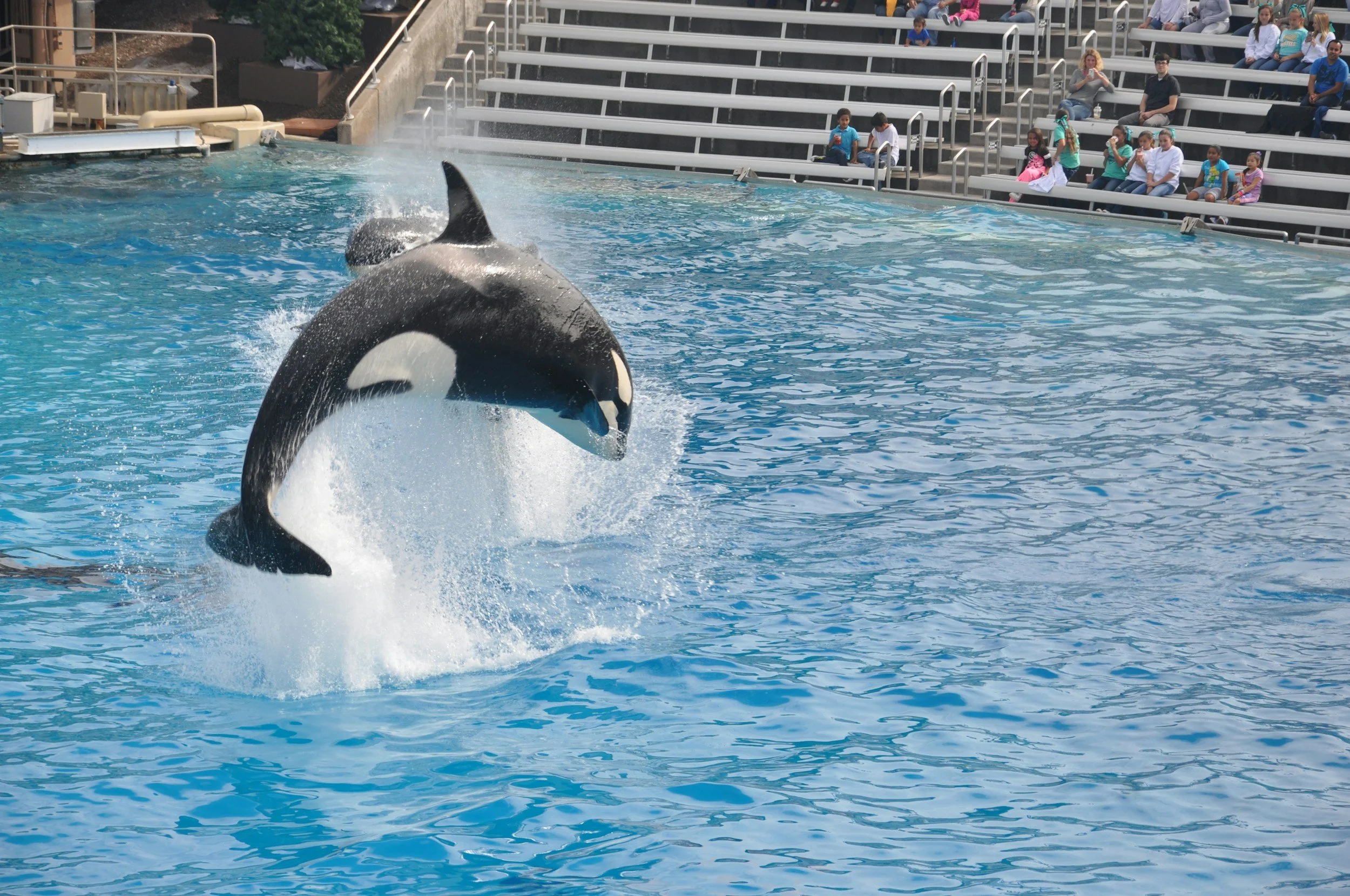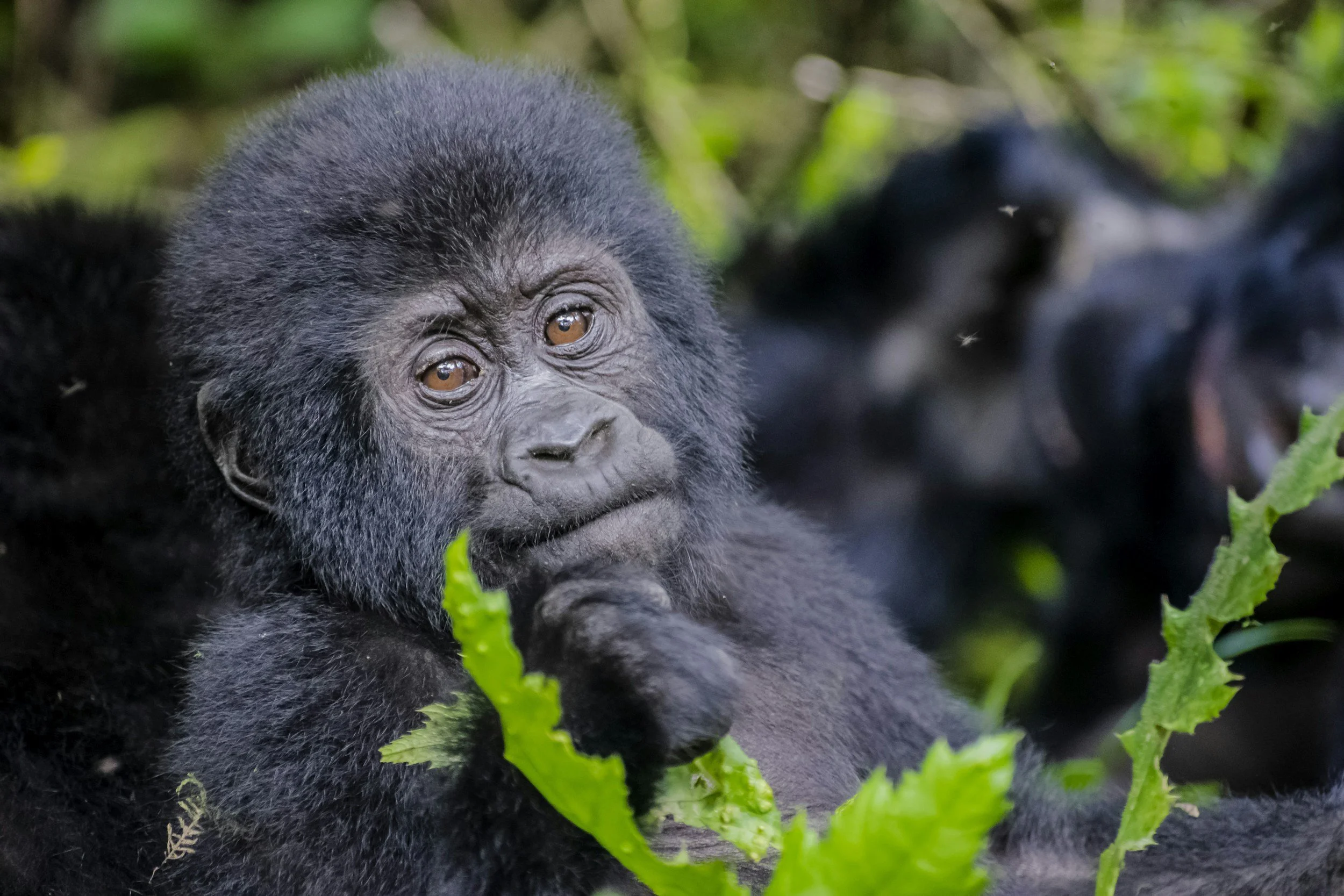New York’s Highest Court Considers Personhood for Happy the Elephant in ‘Historic’ Hearing
This was the first time in history that the highest court of any English-speaking jurisdiction heard a habeas corpus case brought on behalf of someone other than a human being.
For the first time in history, New York’s highest court is considering whether personhood can be extended to an animal.
The animal in question is an elephant called Happy. She currently lives by herself in a small enclosure at the Bronx Zoo in the United States where she has been since 1977. She arrived there a few years after she, and a number of other elephants, were taken from the wild in Thailand. That was more than 40 years ago.
In 2018, the Nonhuman Rights Project (NhRP) brought a petition for writ of habeas corpus on behalf of Happy. Habeas corpus is a common law right that protects against unlawful and indefinite imprisonment. In Happy’s case, the NhRP are seeking recognition of her fundamental right to bodily liberty and transfer to one of the country’s two elephant sanctuaries where she would have more space and interaction with other elephants.
Last Wednesday, in a landmark moment for animal rights, the case went to court. This was the first time in history that the highest court of any English-speaking jurisdiction heard a habeas corpus case brought on behalf of someone other than a human being.
For NhRP’s founder and executive director Steven Wise, this day has been a long time coming. Thirty-six years to be exact. After five years of focusing on animal welfare law in the ‘80s, he came to the conclusion that for real progress for animals to happen, they were going to have to get rights. After years of research and preparation, Wise founded the Nonhuman Rights Project in 1996. Since then, the NhRP has launched groundbreaking lawsuits in the U.S. to help change the way people view nonhuman animals, while paving the way for their fundamental rights.
In Happy’s case, “we're only asking for one thing, which is the right to bodily liberty,” Wise told the Species Unite podcast. “Then, we bring a writ of habeas corpus, which means we believe that there's a person who's being imprisoned against her will.”
A person is an entity that has the capacity for rights - and it doesn’t just mean a human being, according to the law.
“Corporations in the United States, they’re persons, a ship is a person,” says Wise. “So you have to understand that person simply means that the culture in the society is at a place now where some entity who is the thing is now going to be made a person.”
Happy passed a mirror self-recognition test in 2005, an indication of her self-awareness, the group says, becoming the first elephant to do so. The Nonhuman Rights Project also makes a practical argument: Happy is not, in fact, happy in captivity, the organization says.
“These beings have mirror self-recognition. They know that they’re elephants. In fact, we listed 42 different, highly complex cognitive abilities that elephants have. If you didn't know it was an elephant, you'd think I'd be talking about what a human being does, and all I can say is I guarantee you that a ship can't do any of these,” says Wise.
Happy arrived at the Bronx Zoo with a fellow elephant called Grumpy - they were named after characters from Snow White and the Seven Dwarfs - but he was fatally injured in 2002 after a confrontation with two other elephants. Happy now lives alone in an enclosure adjacent to another elephant.
“You have to understand that putting an elephant in one acre is kind of like putting me in my little backyard here and saying, I hope you have a really great life,” says Wise. “And also, by the way, you'll be by yourself, too. She has a lonely, terrible life for an elephant. It's sometimes hard to believe that these people would be that terrible.”
Bronx Zoo however, is arguing that Happy is neither illegally imprisoned nor a person, and warns that a win for advocates at the NhRP could open the door to more legal actions on behalf of other animals.
“We apparently really frightened a lot of people, and that's beginning with the Bronx Zoo,” says Wise. “You see in their minds it’s ‘they're going to come after us, the elephants tomorrow, then they're going to come after us, the tigers, then they're going to get the chimpanzees’. We've never said that. We just said, we just want this one elephant ‘Happy.’”
And the zoo isn’t the only entity feeling the heat from the case. According to Wise, everyone from the Alliance of Marine Mammal Parks and Aquariums to the National Association for Biomedical Research have filed amicus briefs to the courts, claiming that establishing personhood for Happy risks the future of their industries. “The New York Farm Bureau said that we were going to absolutely destroy all milk and dairy in the state of New York if we get poor Happy let out of her cage in the Bronx Zoo” says Wise. “We scare the daylights out of them.”
During the hearing, the court asked an attorney for the group if she was seeking a ruling just for Happy or for a broader group of elephants.
“It would be disingenuous to not think that this would be precedent for another elephant,” the attorney, Monica Miller, responded. “It certainly wouldn’t automatically free other elephants.”
The New York Court of Appeals is expected to rule in Happy’s case in the coming months. The ideal outcome according to Wise? “Saying she's entitled to go to the best sanctuary in the U.S., and she owns herself. That'd be the best for her.”
“Whether she wins or whether she loses, we won. We won something. I mean, you're already there. We just got up. We've already won. And even if we don't win in New York, that doesn't matter. Then there's California. The world is changing. It can take a while, we understand. But we are so clearly, intellectually and rationally correct, that we are going to win.”
We Have A Favor To Ask…
Species Unite amplifies well-researched solutions to some of the most abusive animal industries operating today.
At this crucial moment, with worldwide momentum for change building, it’s vital we share these animal-free solutions with the world - and we need your help.
We’re a nonprofit, and so to keep sharing these solutions, we’re relying on you - with your support, we can continue our essential work in growing a powerful community of animal advocates this year.
More stories:
Species Unite
A collection of stories of those who fight the good fight on behalf of animals.







A judge has issued Pennsylvania’s first habeas corpus order for a nonhuman animal, advancing NhRP’s fight to move five African elephants from the Pittsburgh Zoo to a sanctuary.